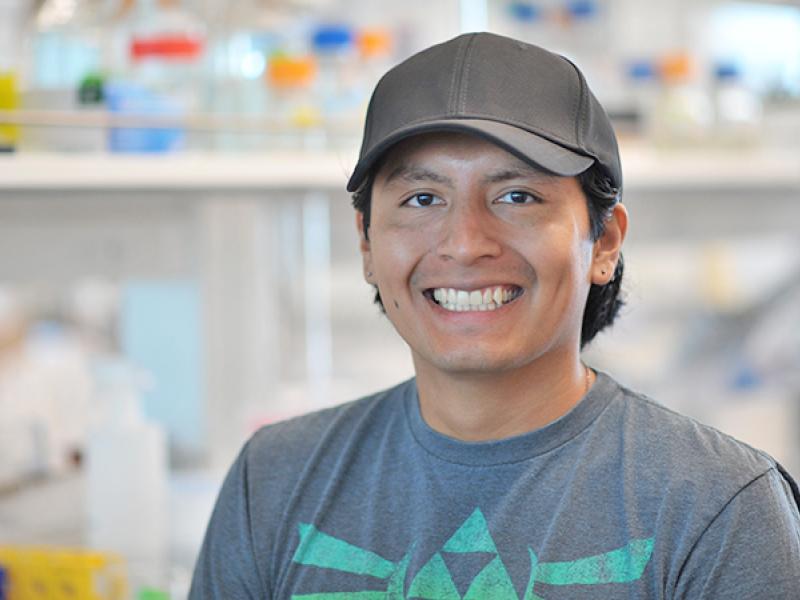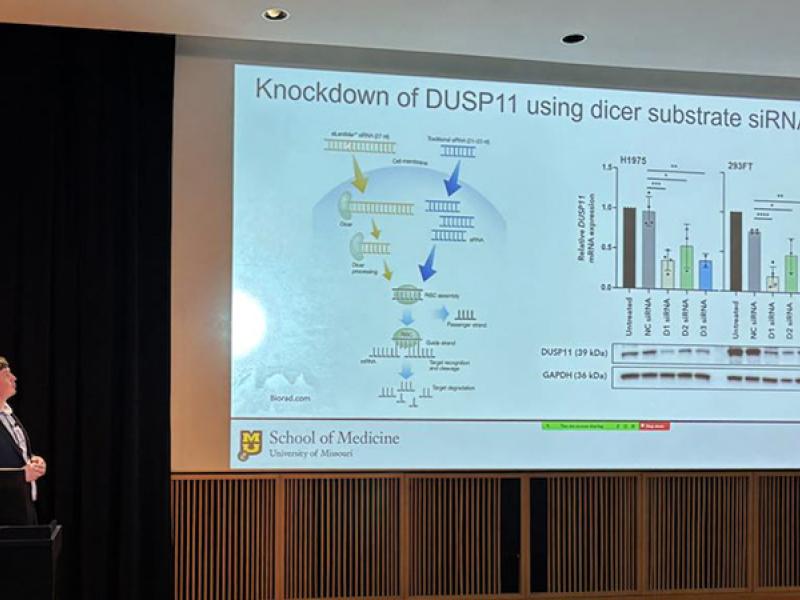The emphasis area of Population and Precision Health in the Translational Biosciences PhD program provides state-of-the-art training in epidemiology, biostatistics and data management as well as qualitative and mixed-methods methodologies. Knowledge synthesis with an emphasis on implementation science and participatory research approaches is an integral part of this advanced training that includes team science, ethical issues, relevance to clinical practice, grant applications and career development.
The general objective of this emphasis area is to advance academic excellence through training in innovative, mixed-method and participatory approaches that cross conventional discipline boundaries and research traditions. Rigorous training will be available in population-based measures that remain the cornerstone in the fight against chronic diseases. This will be complemented with research training in precision health approaches that account for genomics as well as other patient characteristics such as obesity, ethnicity, family history and drug efficacy, tolerance and toxicity. Our graduates will build research programs in precision medicine discovery and interventions that complement and enhance population-based measures.
Students in our program benefit from a highly collaborative environment, selecting laboratory rotations and faculty mentors engaged in leading-edge research that align with their research interests and specific career goals.
Professional development and career opportunities
Students in Population and Precision Health will have many professional development opportunities outside their coursework and research training. These are optional experiences tailored to each student’s training plan and career goals that often include:
- Presenting research at meetings: Within MU, our students often choose to present their research at MU Cardiovascular Day, Health Sciences Research Day and/or Life Sciences Week. National meetings are typically selected based on specific research interests.
- Applying for predoctoral fellowships: Securing a fellowship from the National Institutes of Health, National Science Foundation or other source provides important grant writing experience and looks fantastic on a student’s CV.
- Service experience: Seeking experience serving on various committees within MU and through research societies such as the American Association for Advancement of Science or the North American Primary Care Research Group provides networking opportunities and understanding of research policy/administration.
- Mentoring experience: Supervising undergraduate or medical student researchers for their summer research or working with clinical residents on scholarly projects provides invaluable experience for students looking for careers that include mentorship.
The Population and Precision Health emphasis area prepares students for research and teaching careers in academic, hospital, industry, government and other settings. Below are examples of job titles accessible with your degree:
- Academic research: assistant/associate professor, staff scientist, research assistant professor, postdoctoral fellow.
- Research administration: program coordinator, grant writer, health scientist.
- Industry: laboratory scientist/investigator, applications specialist, product manager, medical science liaison, medical affairs, scientific technical support, product sales, market research analyst, medical device researcher, quality assurance/quality control specialist.
- Teaching: teaching professor (higher education), teacher (K-12).
- Government: military scientist (civilian), regulatory affairs specialist, science policy specialist, grants management specialist, research administration officer.
- Science writing and communication: science writer, medical writer, copy editor, science journalist, journal editor.






